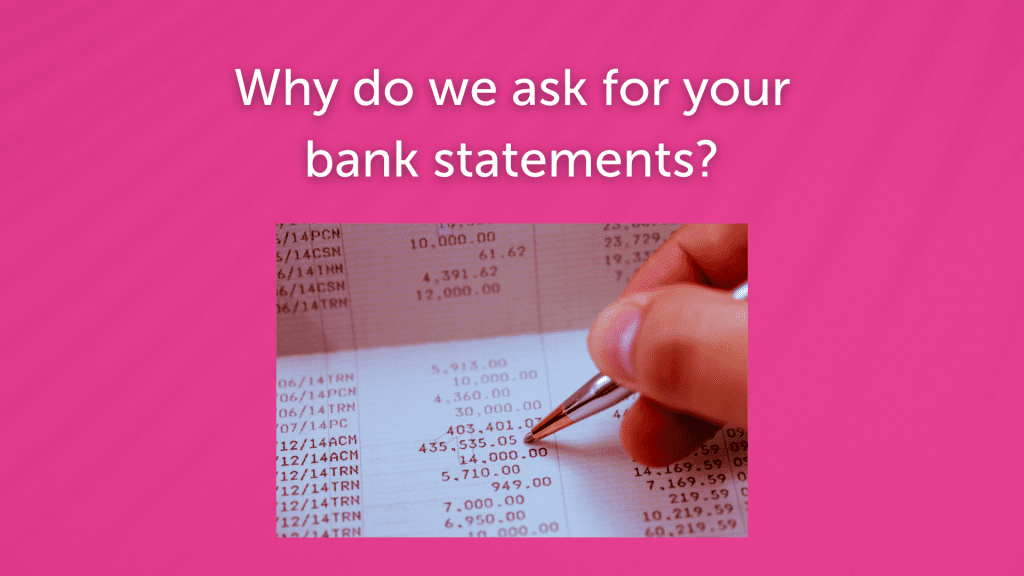
Depending on which service you are on, you will find that you receive requests from members of our team asking…

Depending on which service you are on, you will find that you receive requests from members of our team asking…
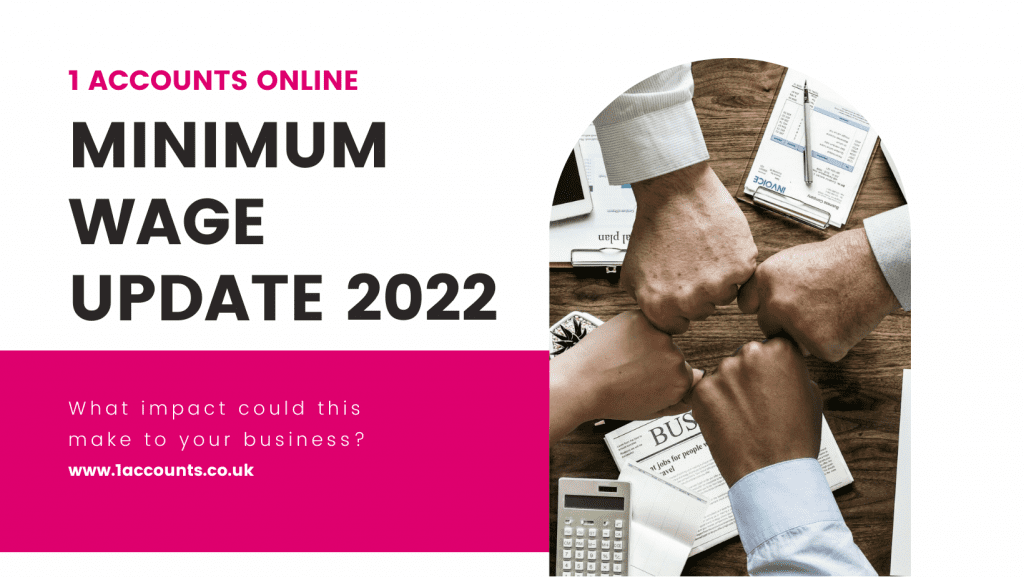
With costs going up across the board it is unsurprising that the national living wage is also being increased. However,…
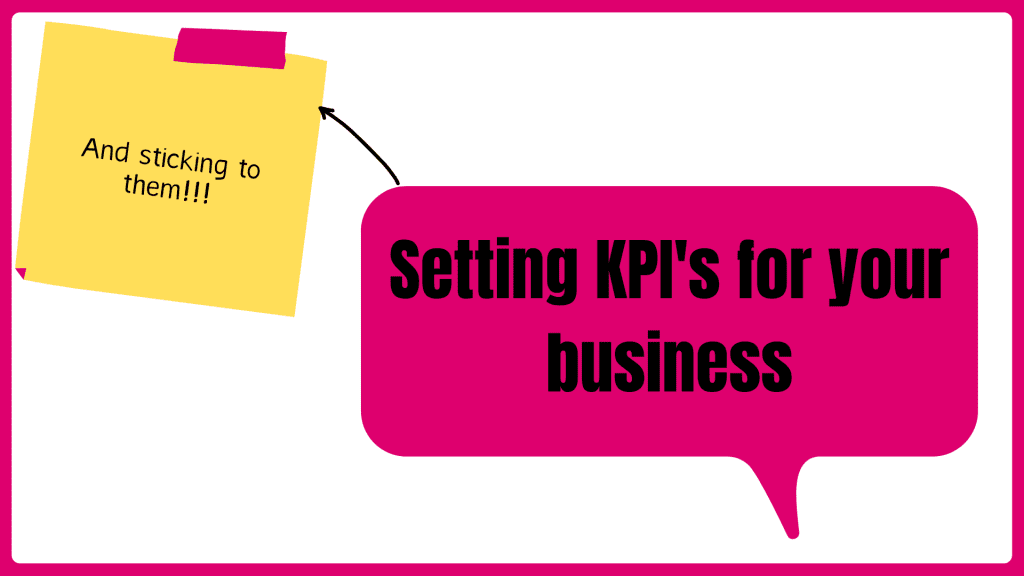
KPIs (Key Performance Indicators) are metrics that tell you if what you’re doing is working or not. As you can…

Self-employment can be a great option for people who want to spend more time with their family or want the…

In today’s competitive business world, it is not uncommon for people to do their own bookkeeping and accounting. There are…
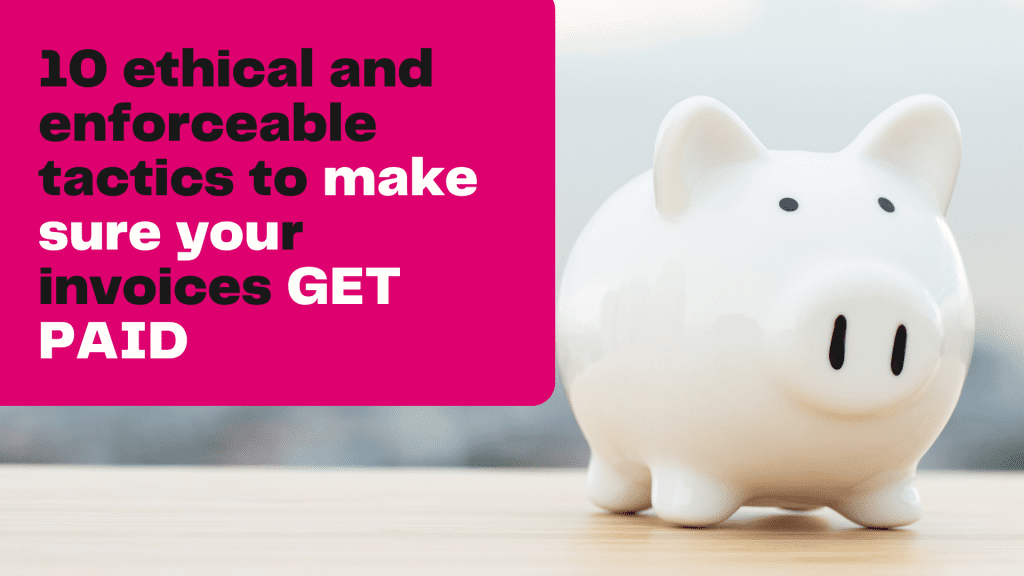
Wouldn’t life be simple if you could guarantee that your invoice would get paid on time every time? Sadly, this…
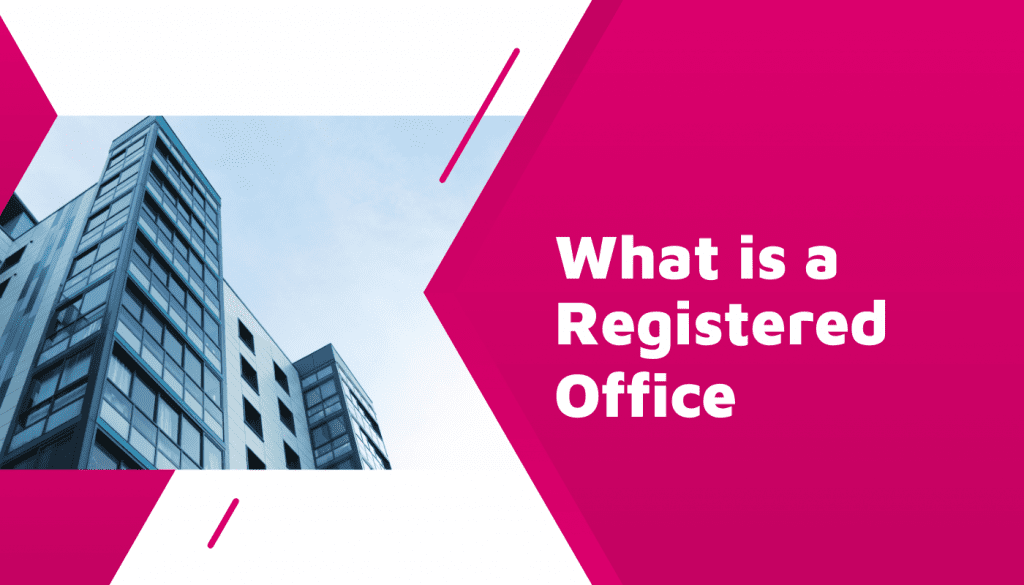
What exactly is a registered office? A registered office is the address which your Limited Company is registered to. This…
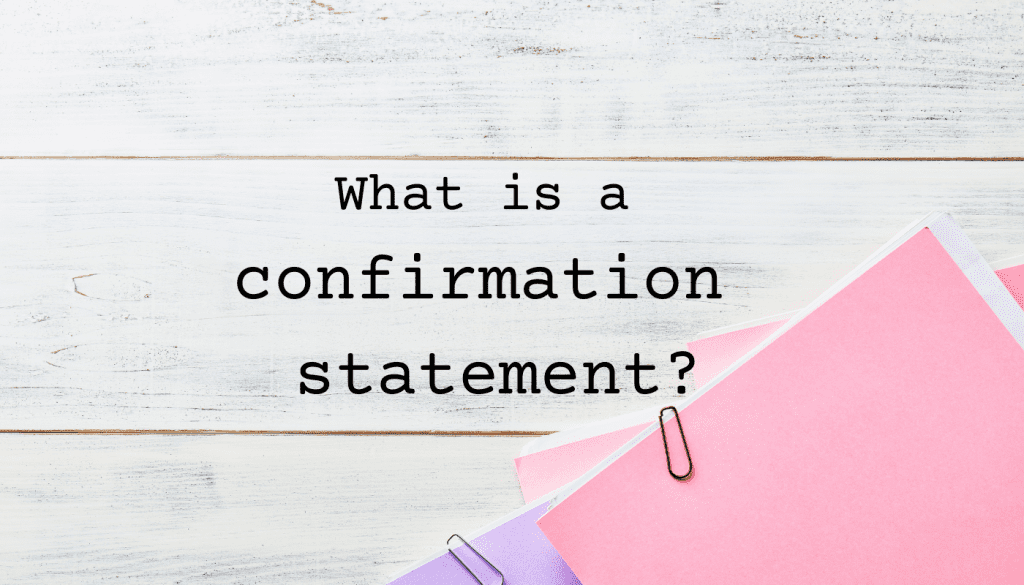
Have you heard your accountant talking about your confirmation statement and been puzzled by what it is? Are you wondering…
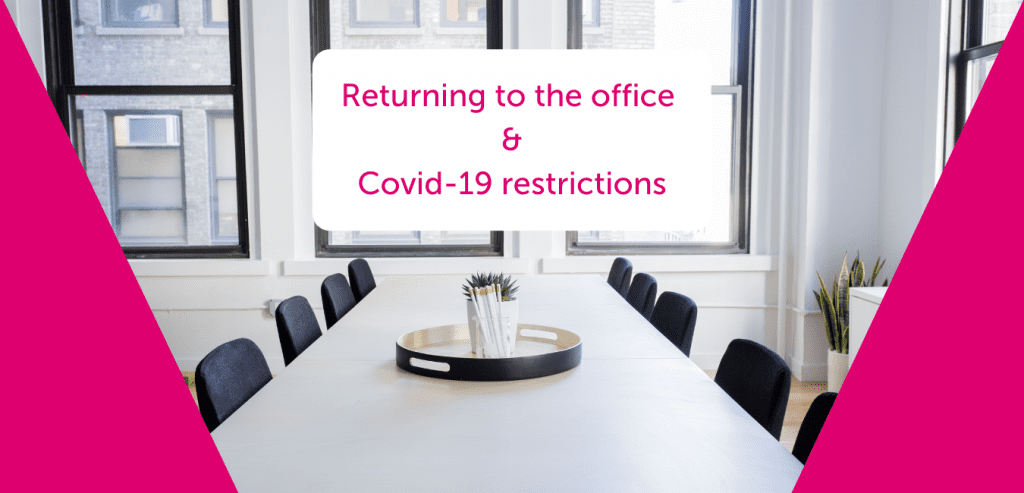
Even though there are no longer any legal covid-19 restrictions in England, here at 1 Accounts we will be keeping…

If you want to build your business (not your workload) and you want to spend time on doing the things…